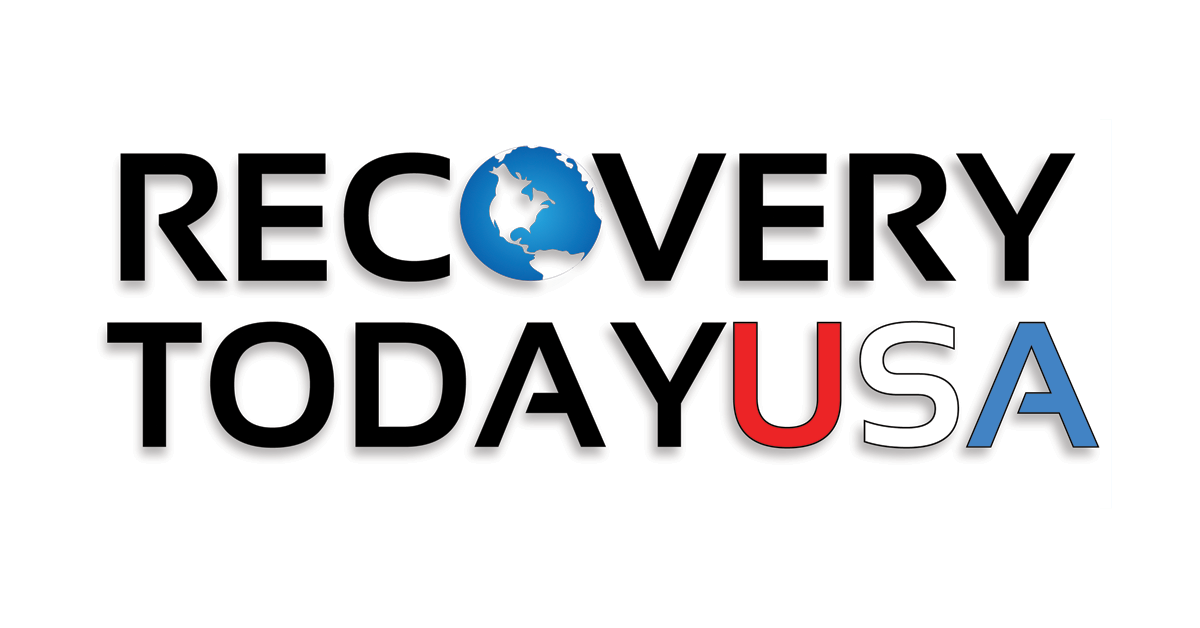Tackling the Opioid Crisis
The United States political system has historically faced challenges in creating effective mental health and addiction policies. Our evaluation of President Trump’s policies is crucial when we review the recent years. Early in his presidency the administration took direct action against the opioid epidemic. President Trump announced the opioid crisis as a public health emergency in 2017 which led to increased public awareness of the issue. President Trump enacted the SUPPORT for Patients and Communities Act in 2018 to increase treatment availability and endorse overdose-reversing medications while backing addiction research initiatives.
Critics pointed out major deficiencies especially about financial support. Some observers believed the administration gave more attention to law enforcement instead of public health approaches. The plan to execute naval embargoes against drug cartels alongside imposing death penalties for drug dealers received extensive negative feedback.
“Trump’s mental health policies favored headlines over meaningful support, leaving critical addiction treatment programs underfunded and patients without reliable care.”
Mental Health Services Under Scrutiny
The administration’s mental health strategy showed mixed results by achieving some advancements while experiencing numerous challenges. President Trump improved veteran mental health support services in 2019 through the PREVENTS Initiative. His effort to dismantle the Affordable Care Act (ACA) triggered widespread apprehension. The Affordable Care Act provided essential coverage for both mental health and addiction treatments. The elimination of the Affordable Care Act without defined replacements threatened to deprive people of essential health services according to critics.
Executive Orders and Their Impact
During his presidency Trump made extensive use of executive orders to rapidly implement policy modifications. Executive actions during the COVID-19 pandemic led to substantial growth in telehealth services. Telehealth emerged as an essential tool for delivering mental health support throughout lockdown periods. However, certain executive orders encountered legal opposition. Judicial blocks halted funding restrictions on gender-affirming care providers due to constitutional and ethical issues.

Ethical Debates and Public Opinions
The policy initiatives advanced by Trump administration became a focal point for substantial ethical debates. Controversial reactions emerged for proposals that suggested institutionalizing individuals with severe mental illness and creating tent cities for homeless populations. Opponents claimed these measures infringed on personal liberties and ignored fundamental mental health issues.
Public reactions were mixed. A segment of the public commended Trump for addressing addiction problems and expanding telehealth access. According to specialists the lack of funding and strategic failures demanded attention while they warned against choosing temporary fixes instead of lasting healthcare solutions.
Challenges and Future Directions
Undoubtedly, political divisions significantly hindered legislative progress. The administration created new opportunities through technological methods such as telehealth despite facing several challenges. Future policymakers have to strike a careful balance between maintaining achievements while managing continuing challenges from Trump’s term.
Careful thought is essential for understanding the intricate legacy left by Trump’s policies. The goal of policymakers must be to develop mental health strategies that ensure sustainability and exclusivity while addressing the needs of every American citizen.

